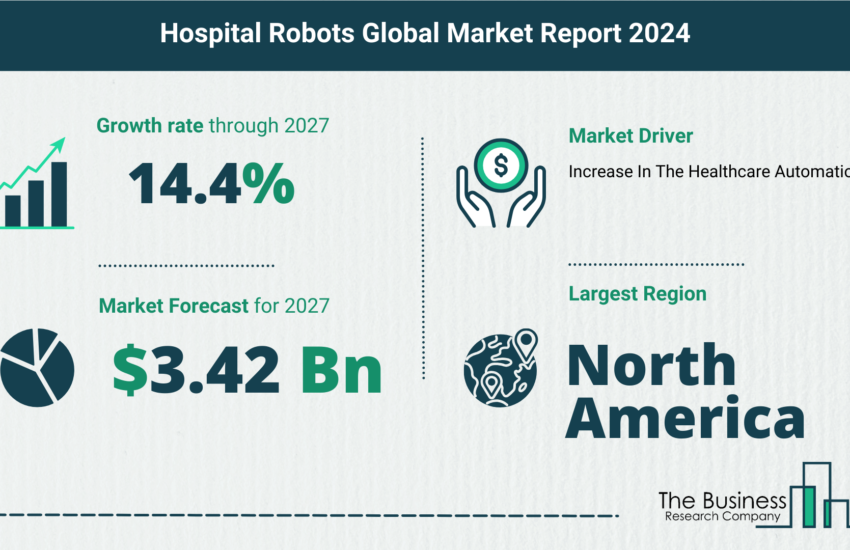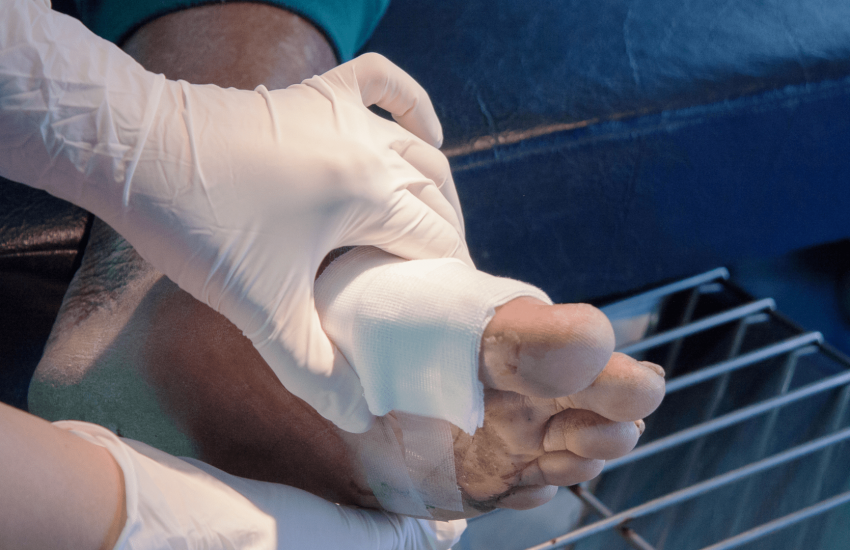The Respiratory Devices Market Will See Significant Growth As Covid-19 Cases Rise
The market for respiratory devices and equipment is expected to expand rapidly. The fact that Covid-19 is essentially a respiratory ailment has boosted the use of respiratory monitoring devices, in turn contributing to the growth of this market. Currently, there is a huge demand for respiratory devices including ventilators, especially in developing countries. Companies across the globe are focusing on increasing the availability of ventilators, nebulizers, and other respiratory support devices for the patients.
The respiratory devices and equipment (therapeutic) market consists of sales of respiratory devices and equipment used to treat patients with acute or chronic respiratory disorders such as chronic obstructive pulmonary disease (COPD), chronic bronchitis, asthma, sleep disorders, etc. The market includes the sales of respiratory monitoring devices establishments primarily engaged in the manufacturing of nebulizers, humidifiers, oxygen concentrators, positive airway pressure devices, ventilators, capnographs, and gas analyzers.
The global respiratory devices and equipment (therapeutic) market is expected to grow from $13.4 billion in 2019 to about $33.5 billion in 2020, as these are important equipment used in treatment of respiratory diseases such as the corona virus. The market is expected to stabilize and reach $24 billion at a compound annual growth rate (CAGR) of 15.6% through 2023.
The therapeutic respiratory devices and equipment market covered is segmented by product into nebulizers, humidifiers, oxygen concentrators, positive airway pressure devices, ventilators, capnographs, and gas analyzers. By end-user, it is segmented into homecare settings, and hospitals.
Companies in the respiratory devices and equipment (therapeutic) market are increasingly using artificial intelligence (AI) to develop respiratory devices to treat asthma and COPD. Artificial intelligence supports the development of innovative sensors-equipped inhalers which helps patients to track their dosage intake. These sensors are durable, consume less power, and help caution the patients by noting the differences or fluctuations in respiration. These are used for both add-on and embedded inhalers. These inhalers with sensors can track data automatically and can alert both the doctors and patients about the health condition of the patients. Companies in the market are also developing devices such as AI aided imaging systems and AI aided platforms that will act as voice biomarkers. For instance, Verbal and Healthymize, two early-stage Israeli AI healthtech companies, announced a merger in 2019 to create a joint company (Vocalis Health). Vocalis Health will be a global leader in vocal biomarkers. The company will develop an artificial intelligence-based platform that uses voice interaction through a call center or smart device, to passively screen and monitor millions of patients that live with a range of voice-affecting diseases, like chronic respiratory or cardiac conditions, or depression.




